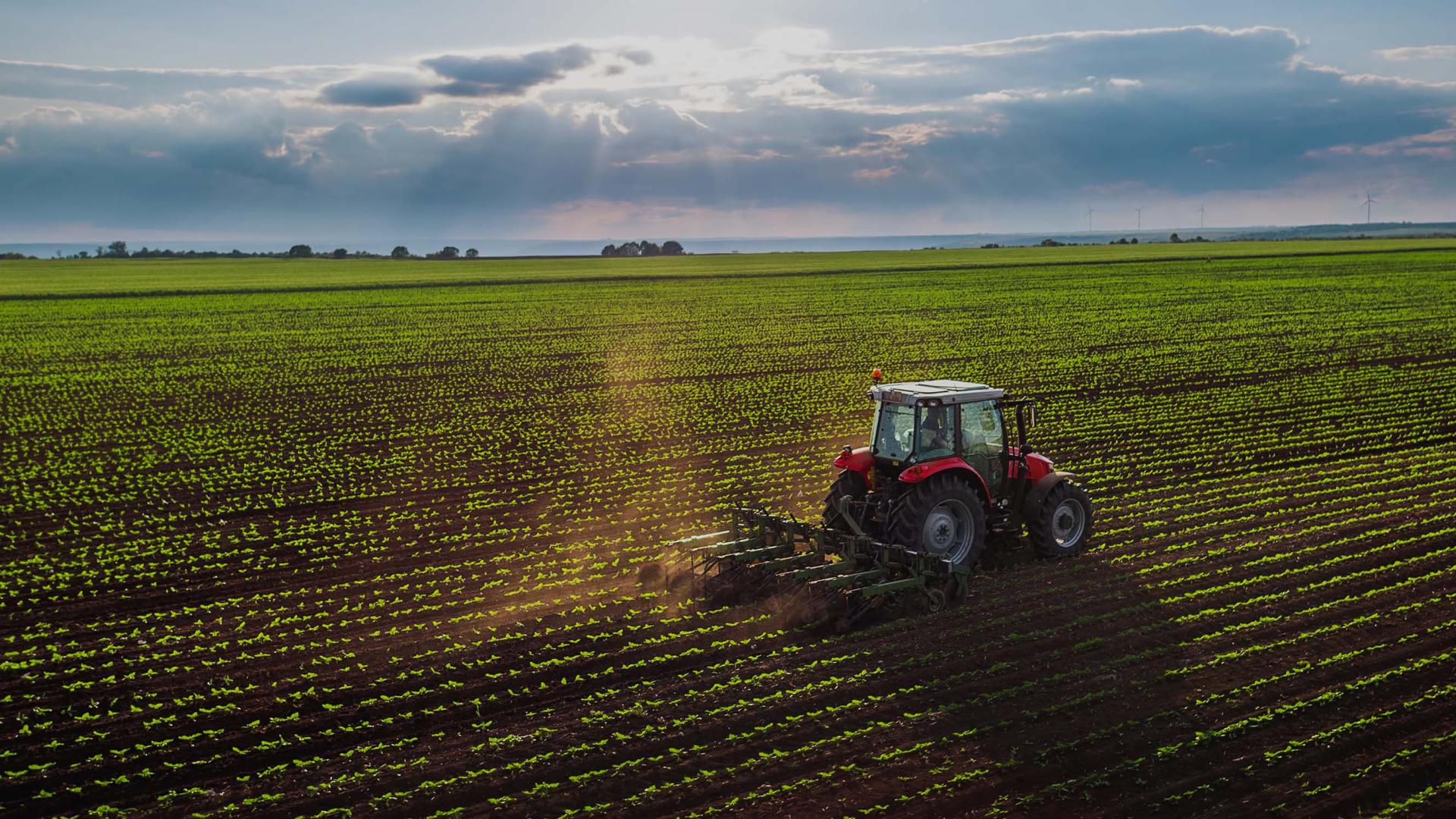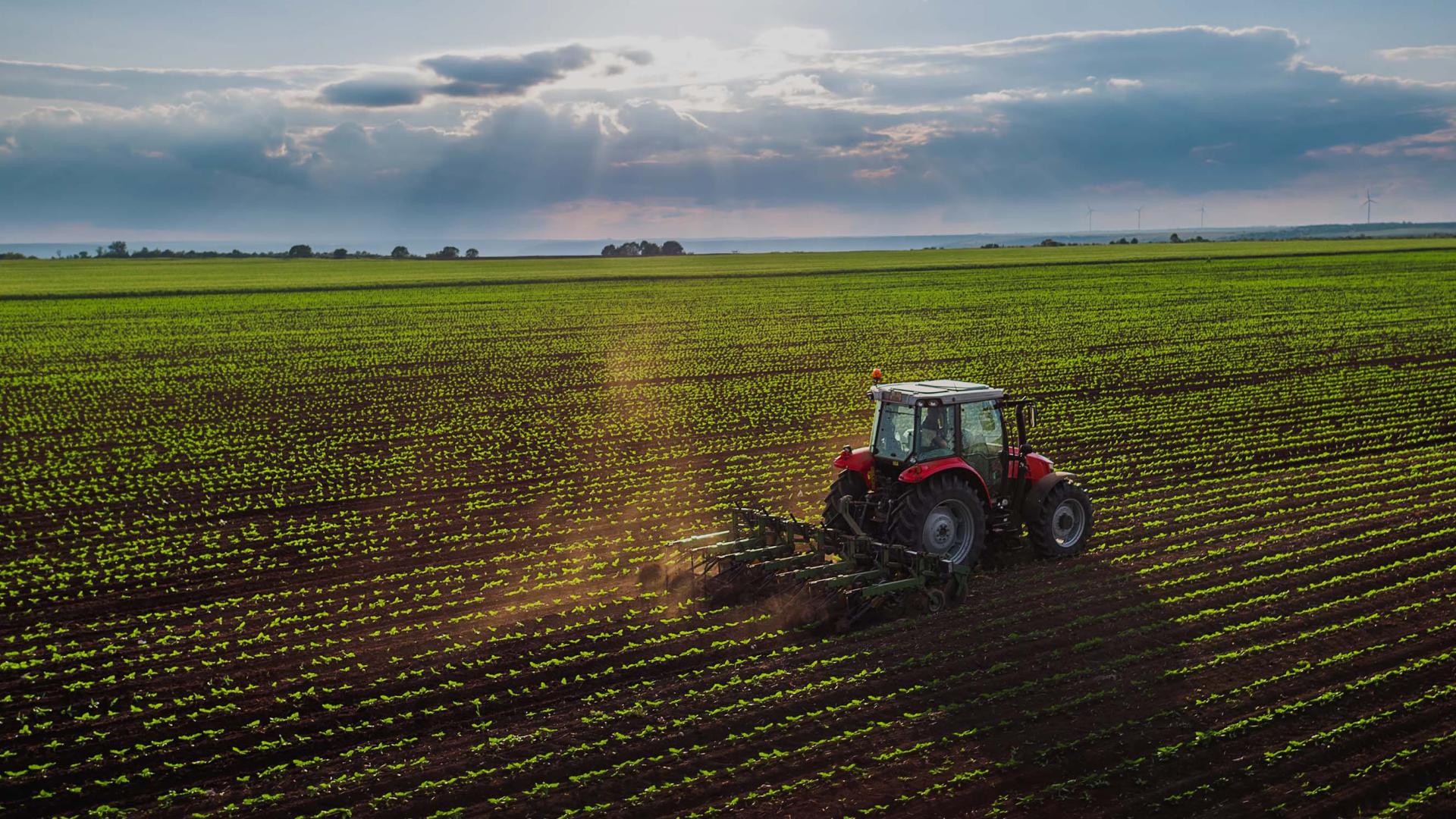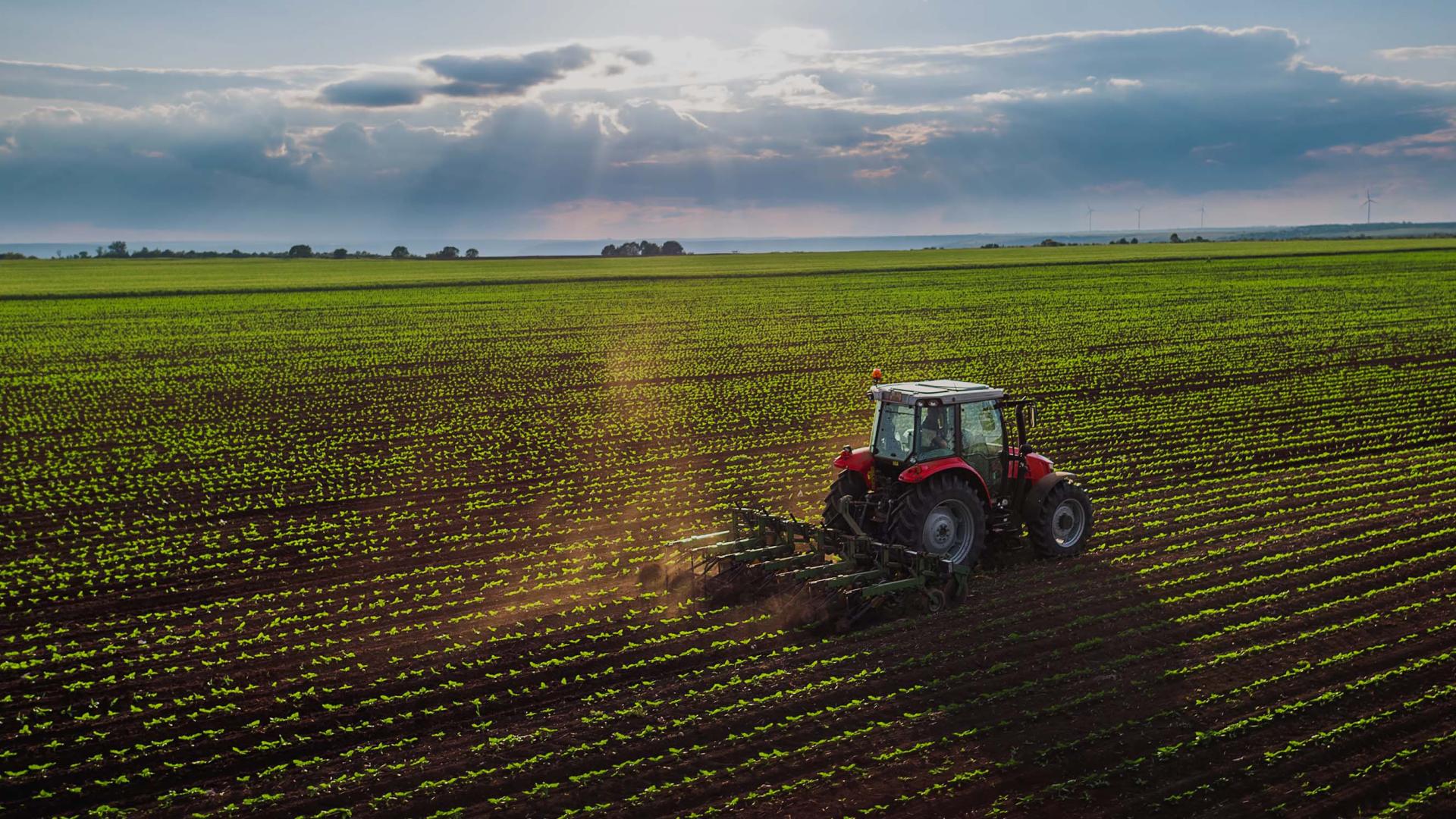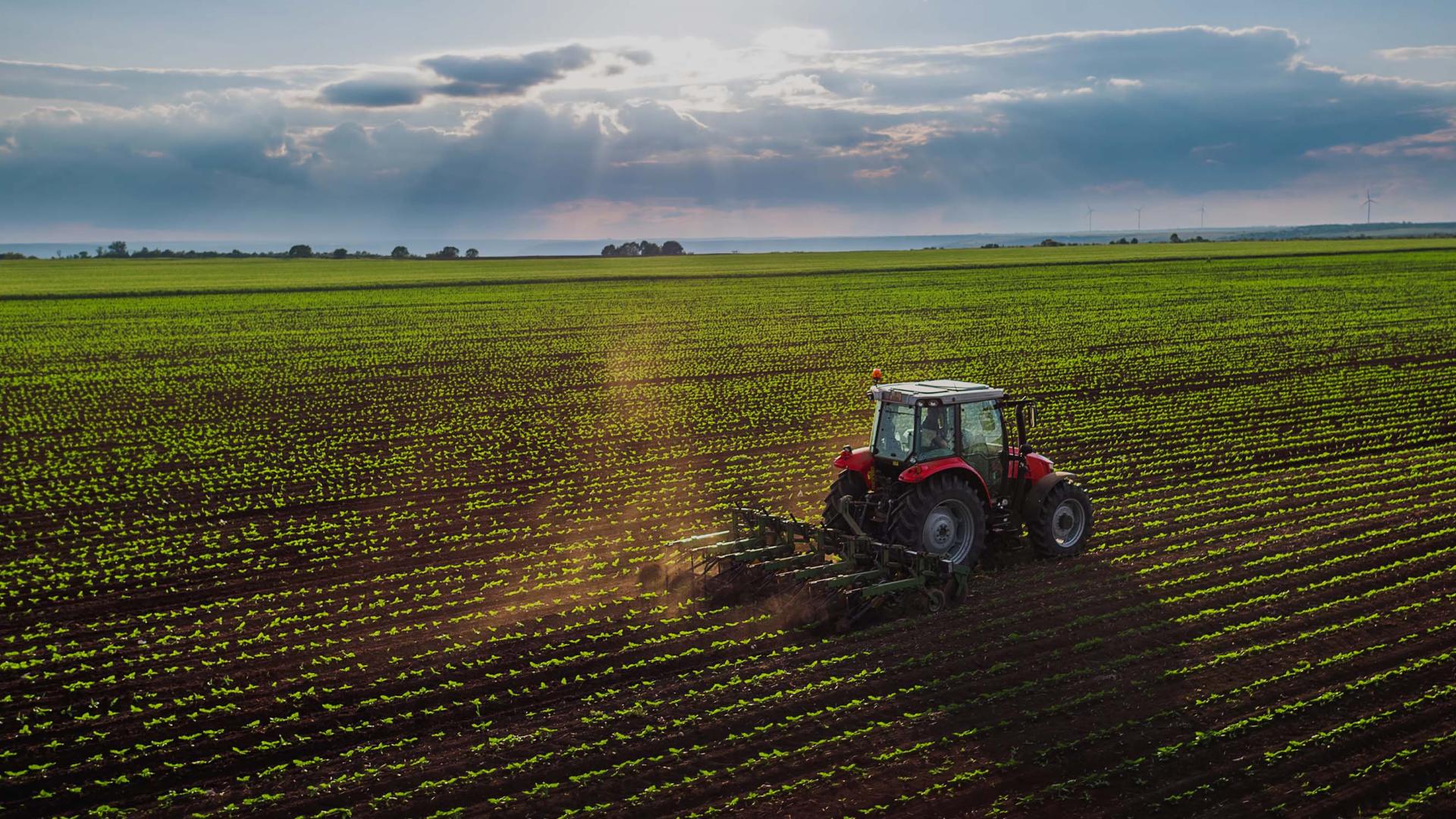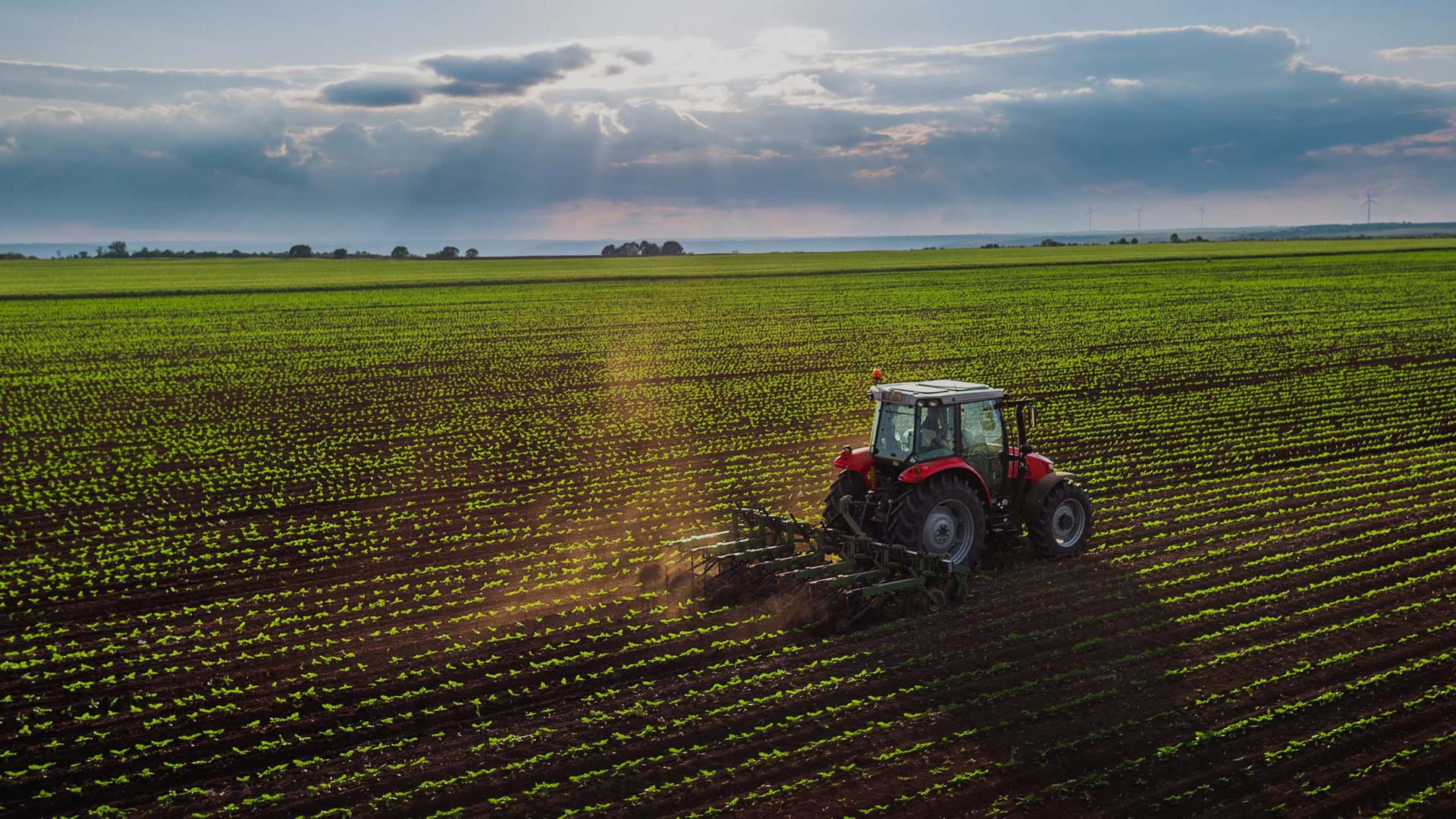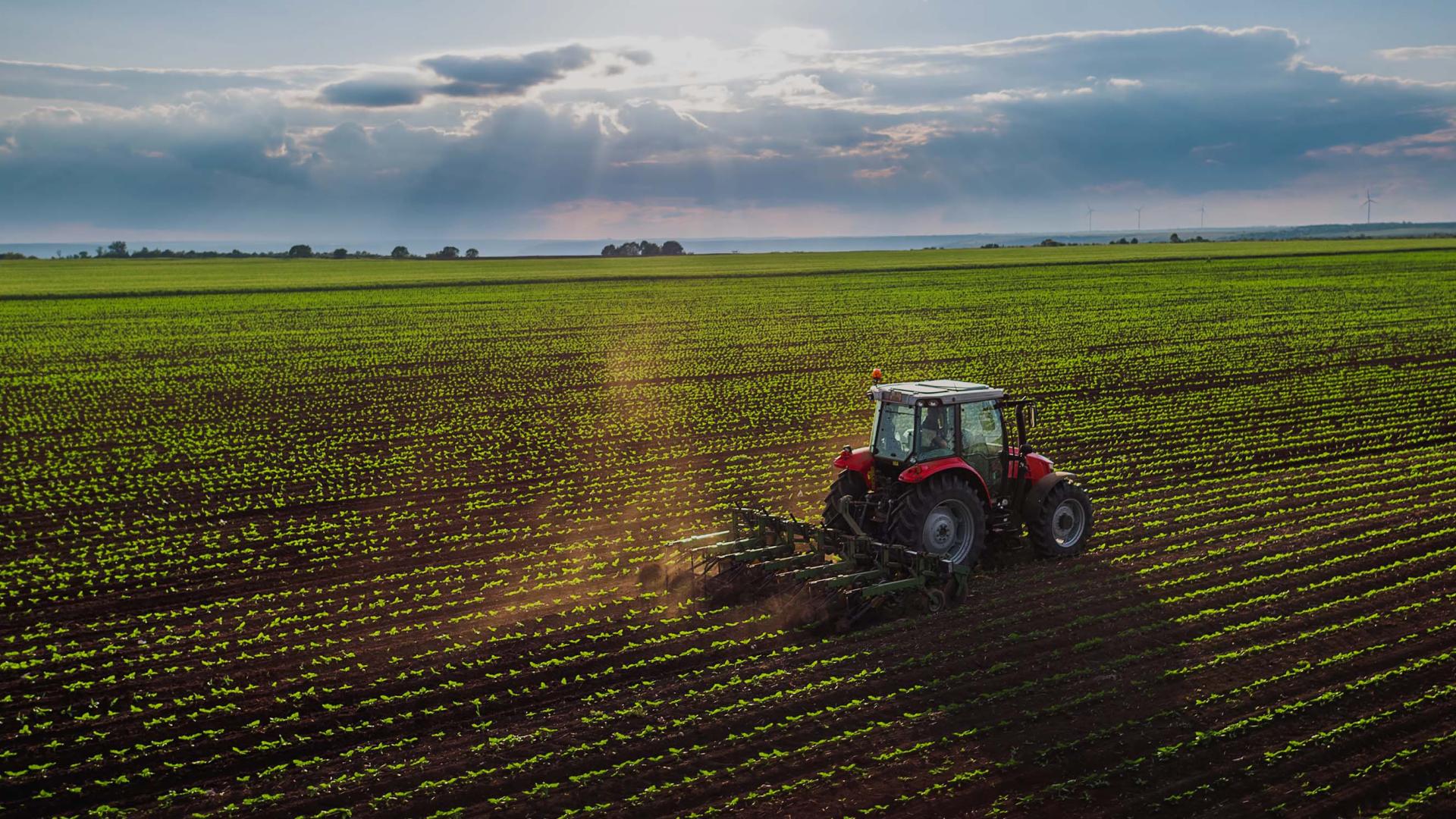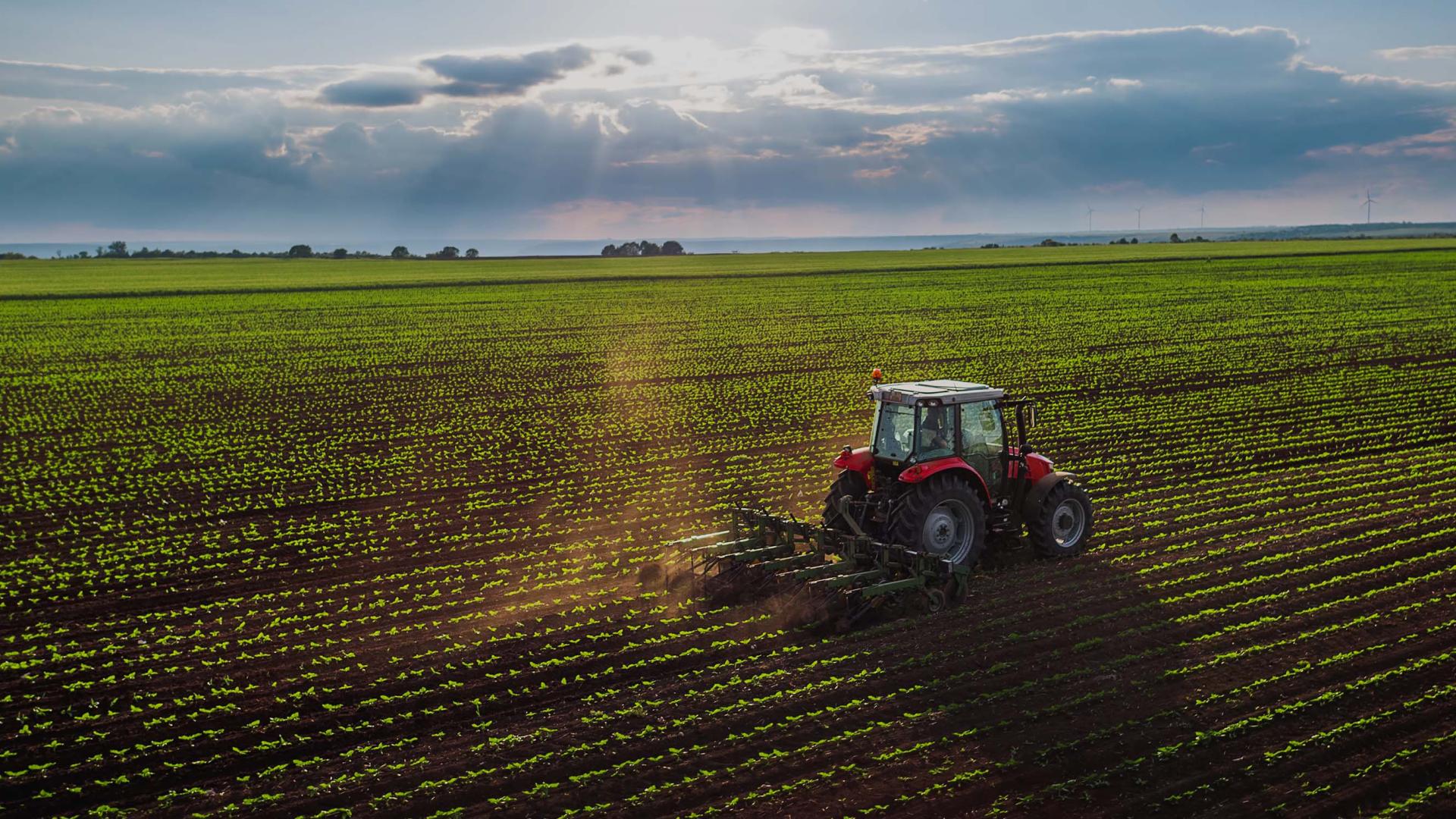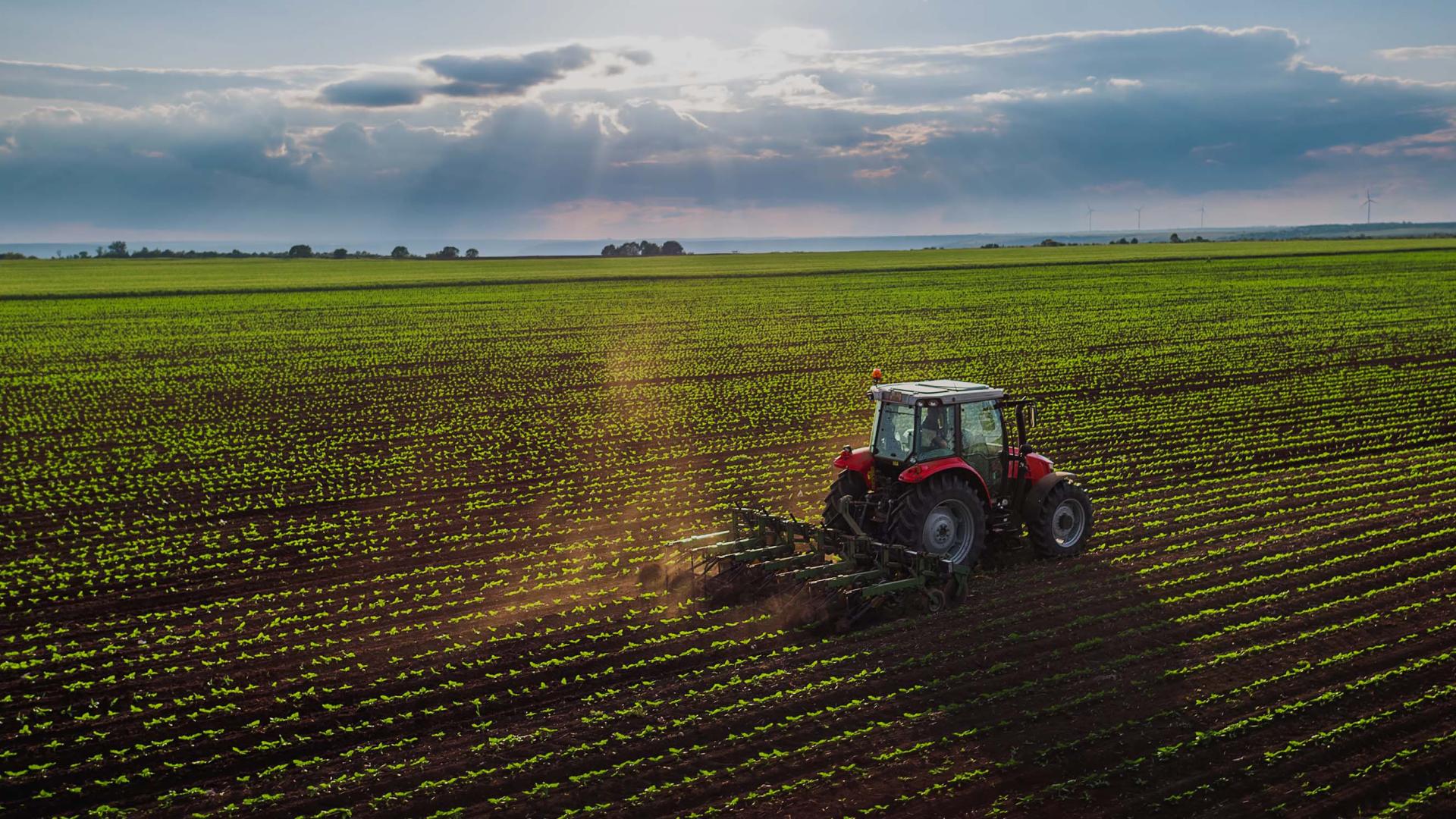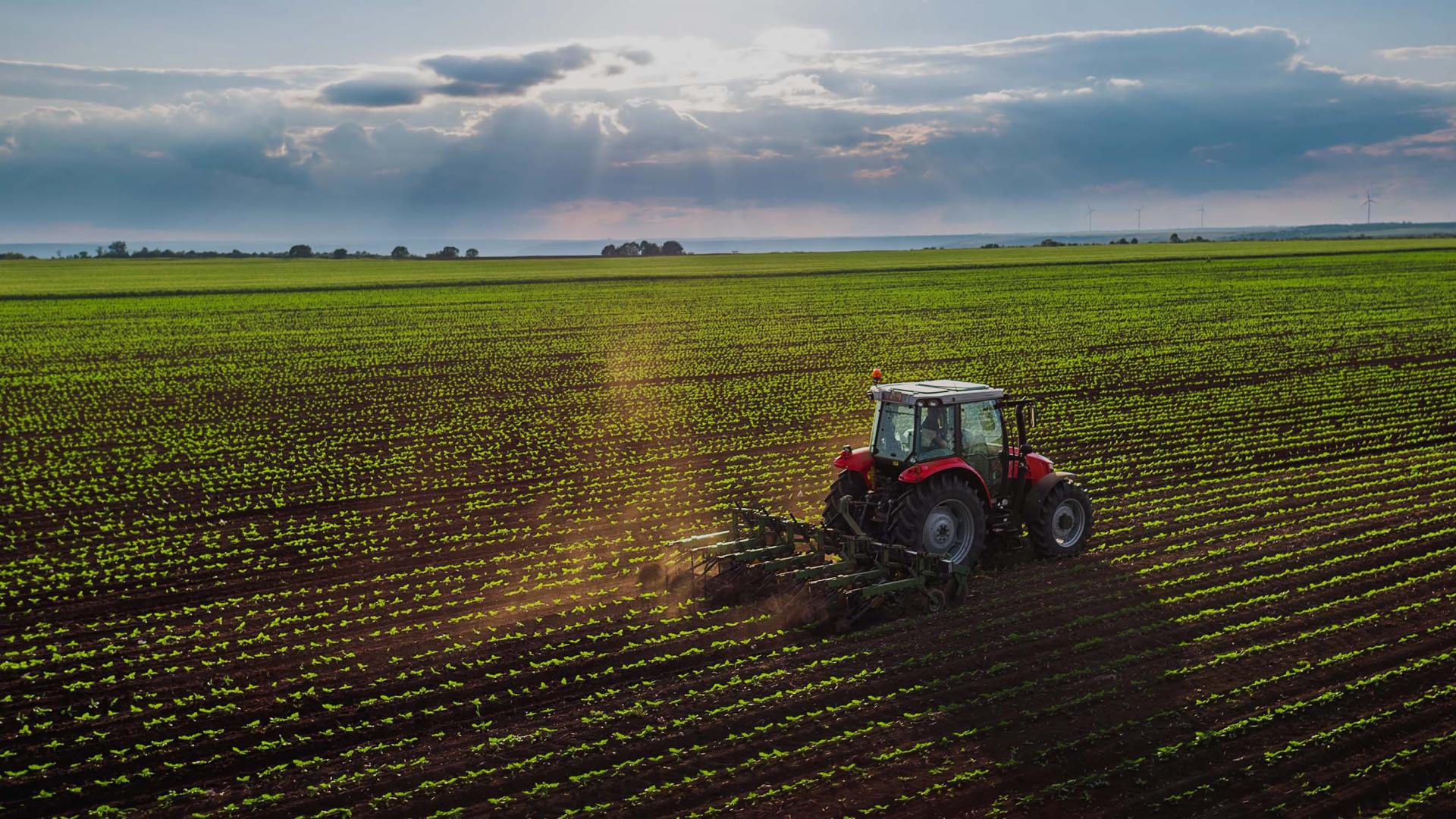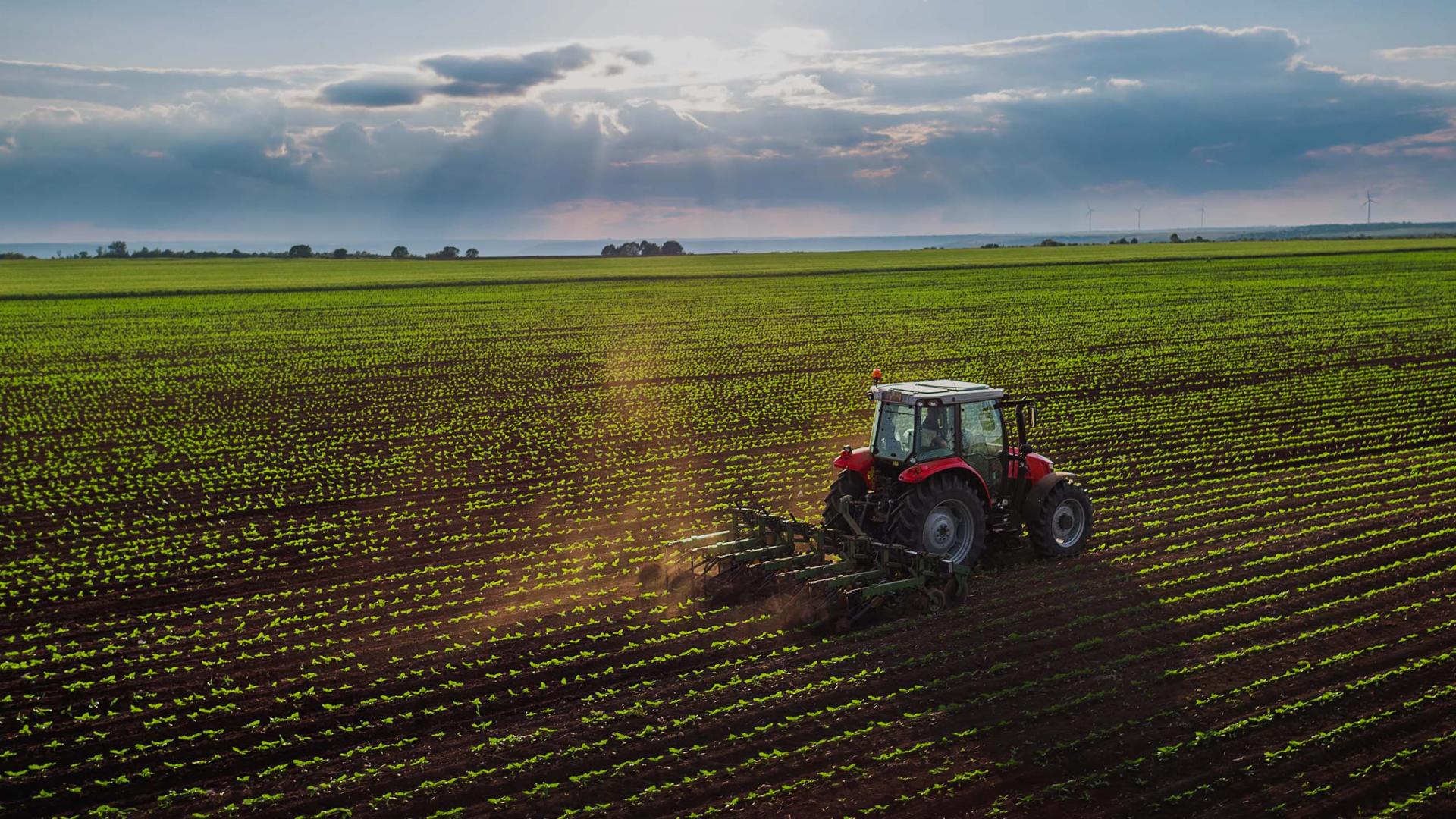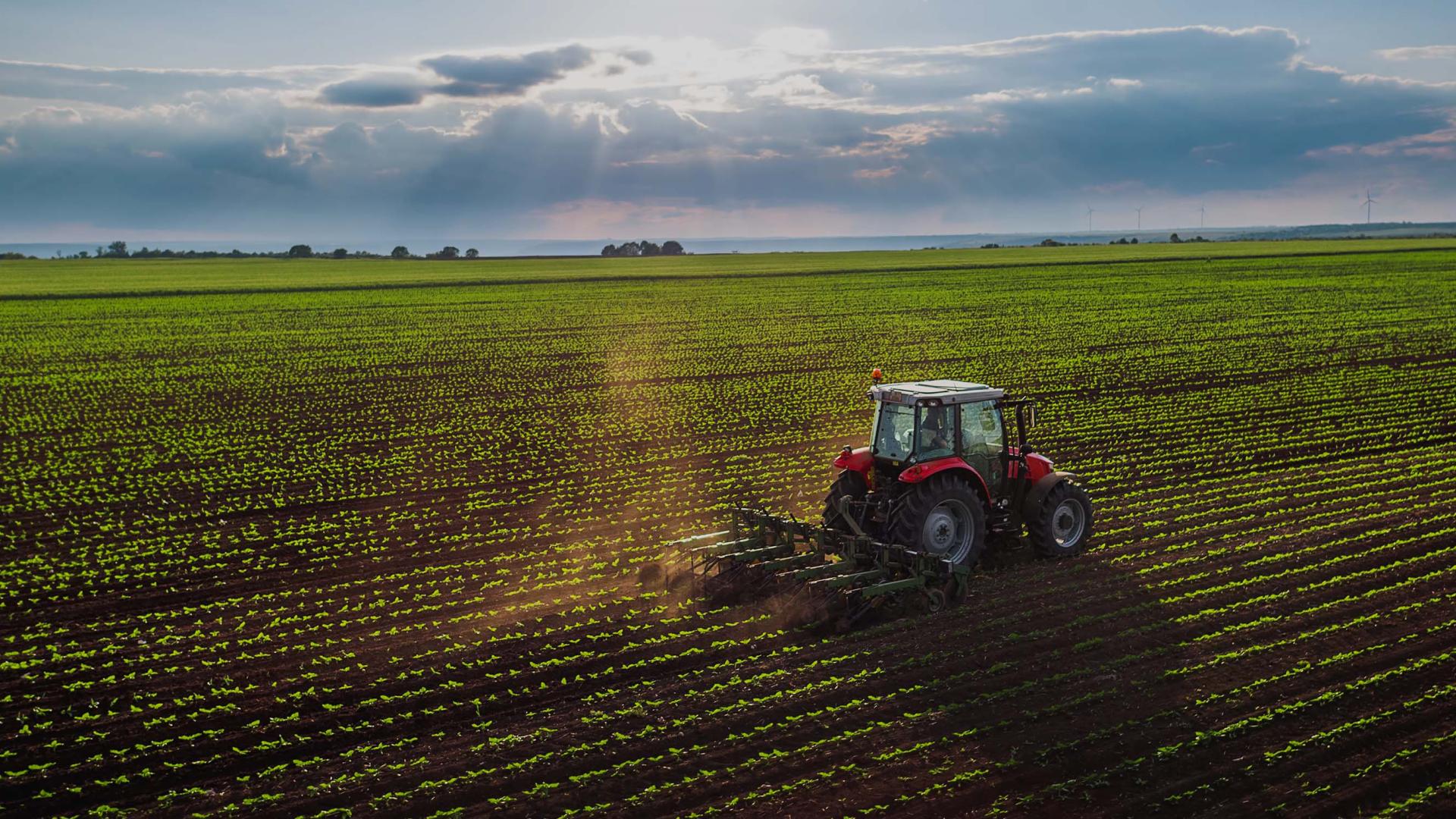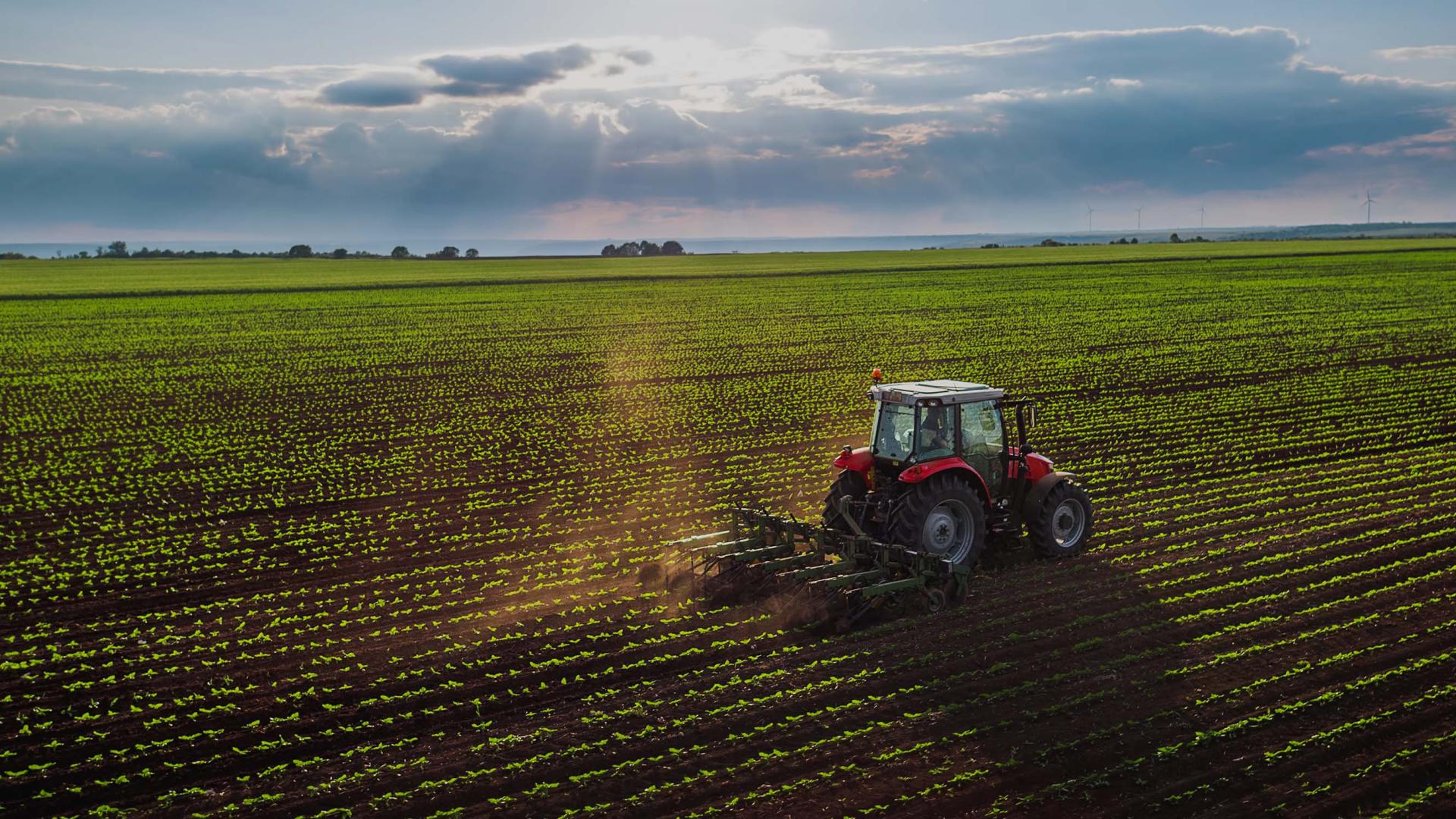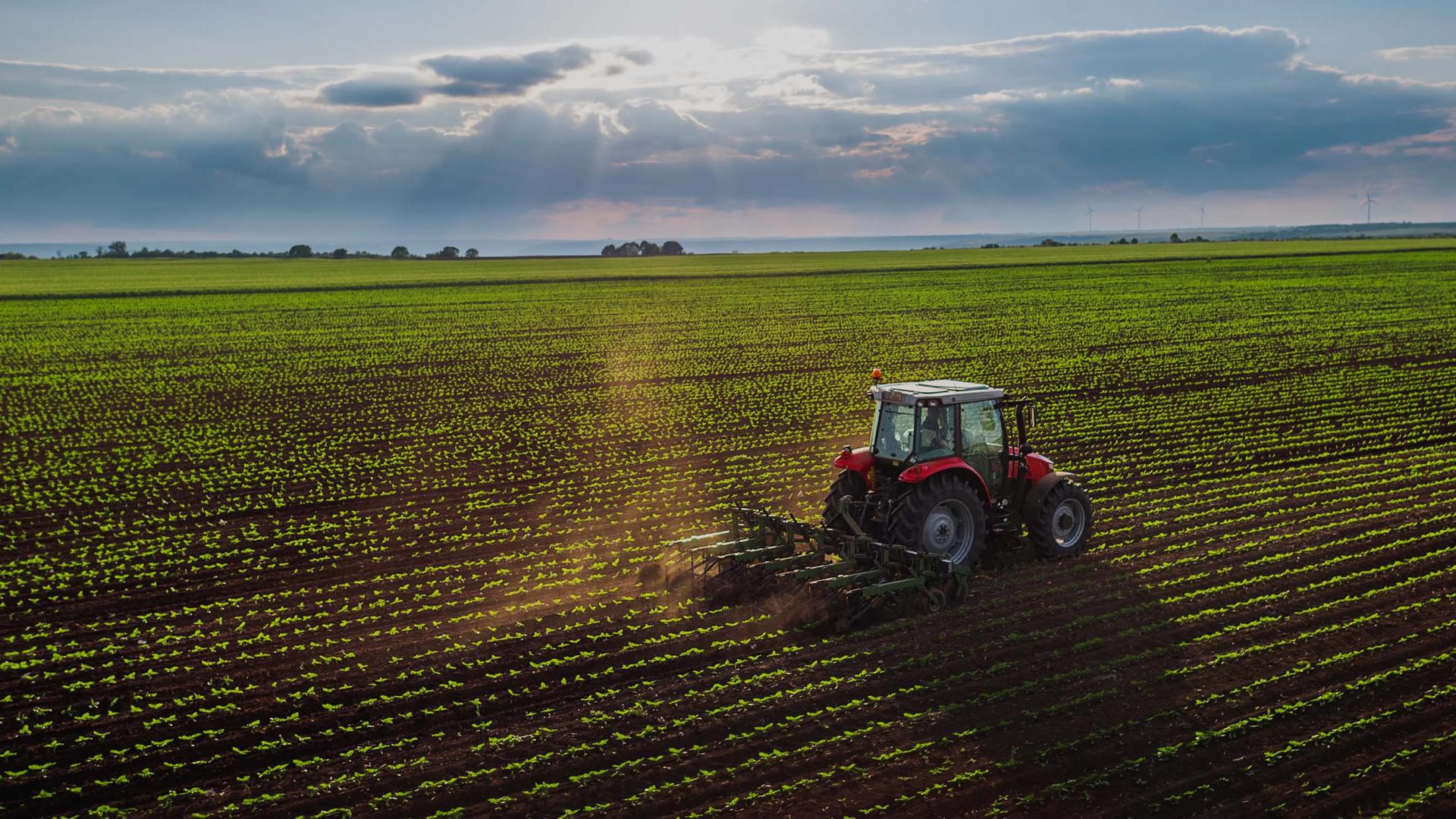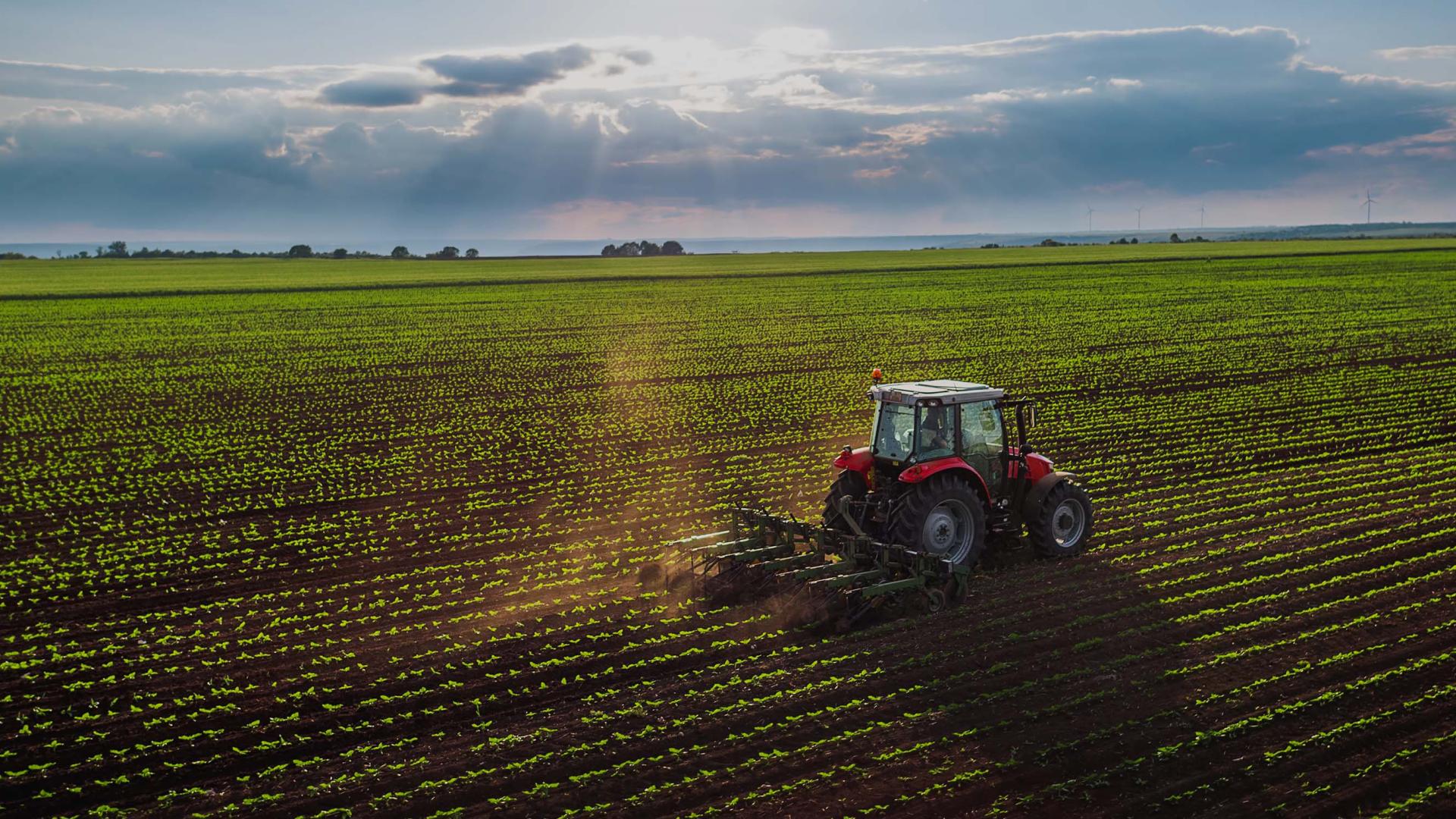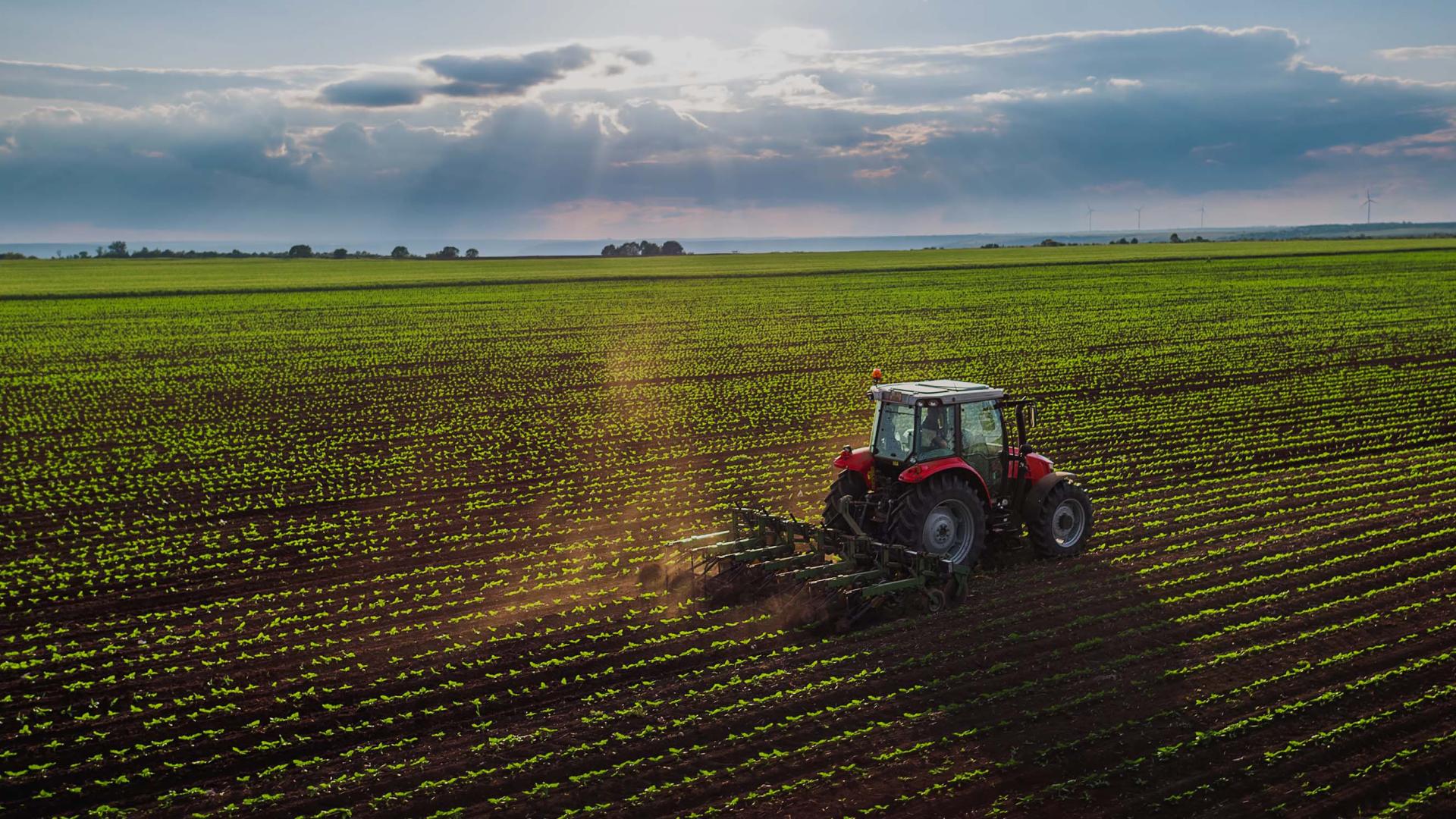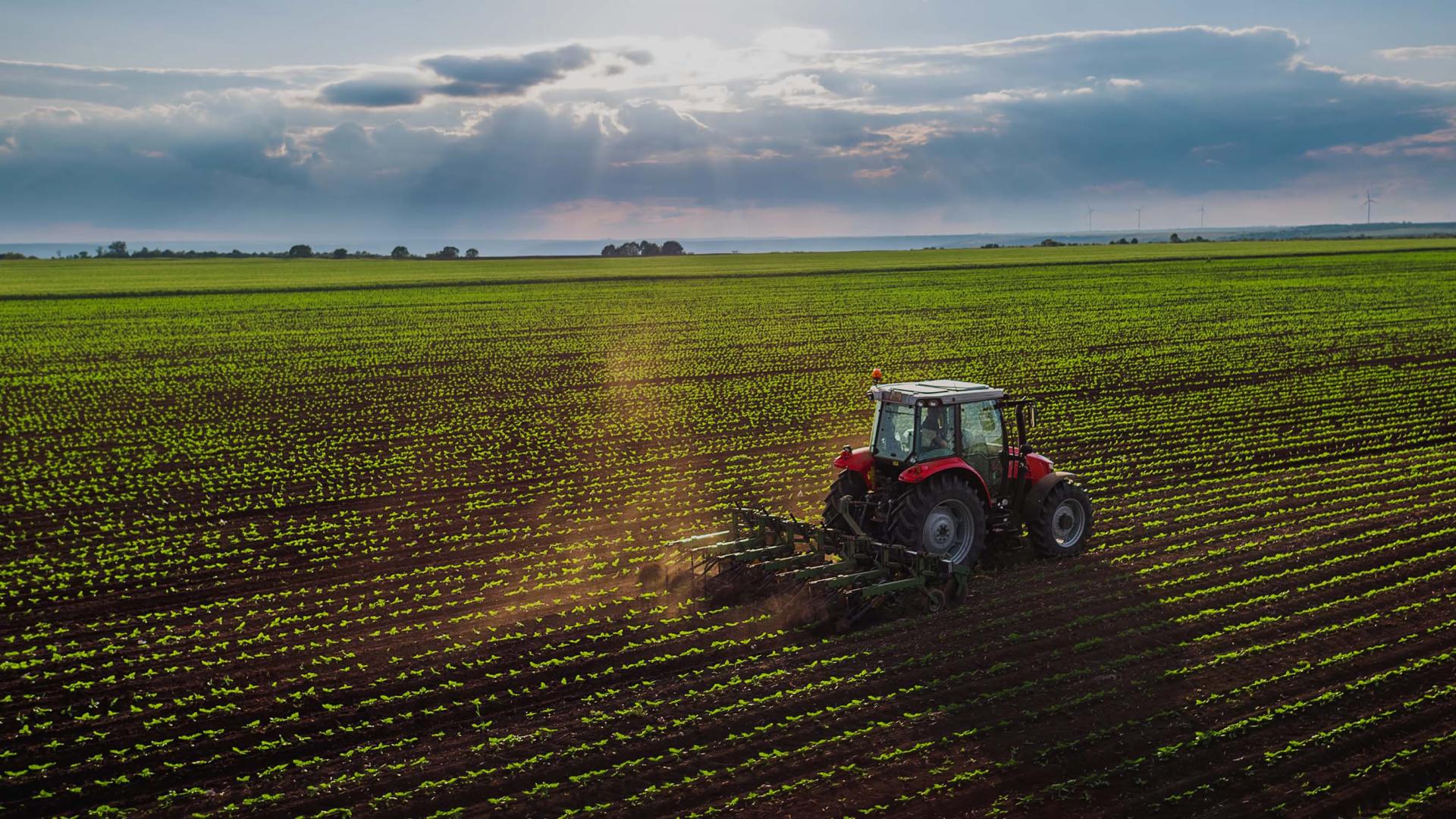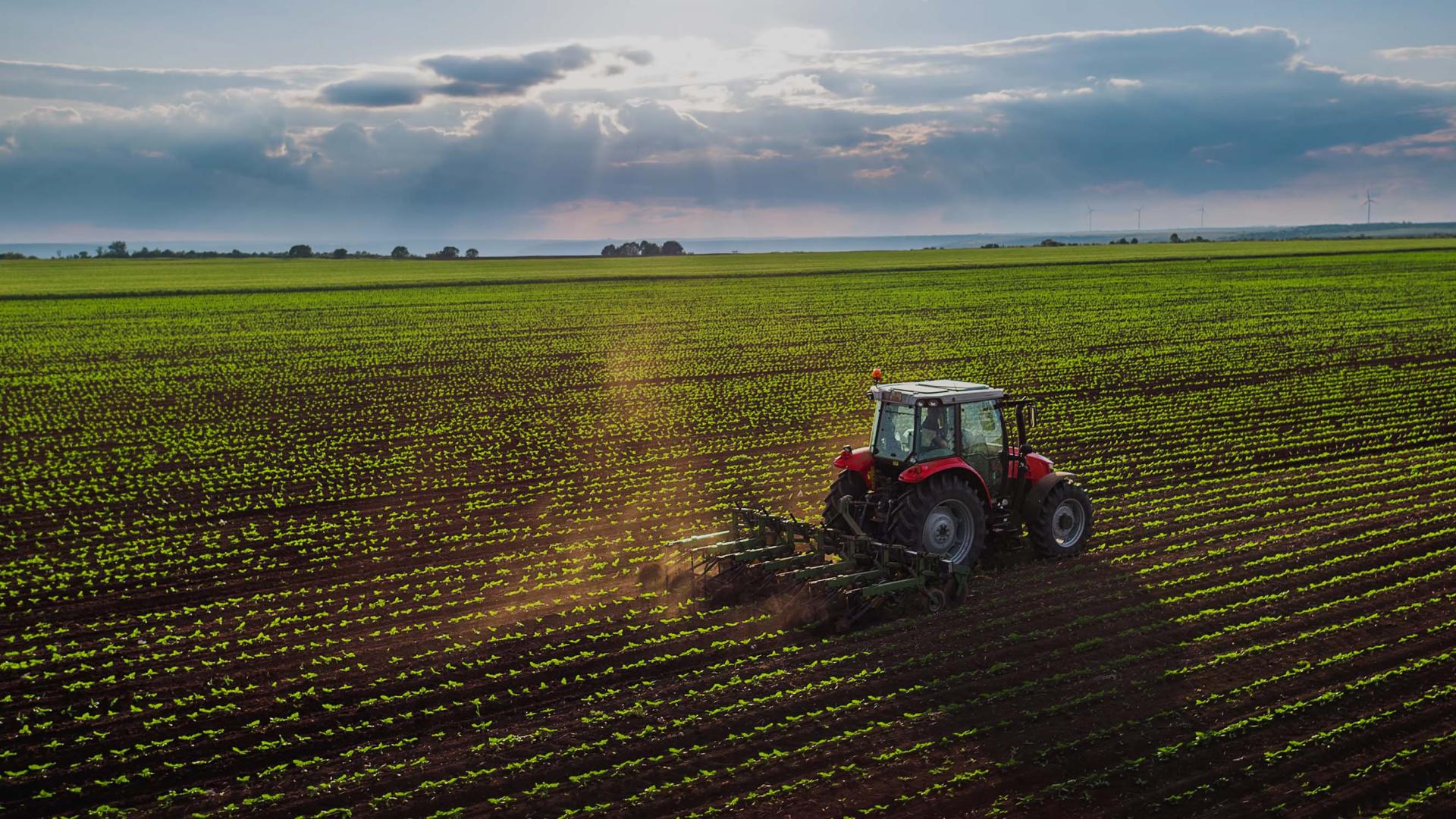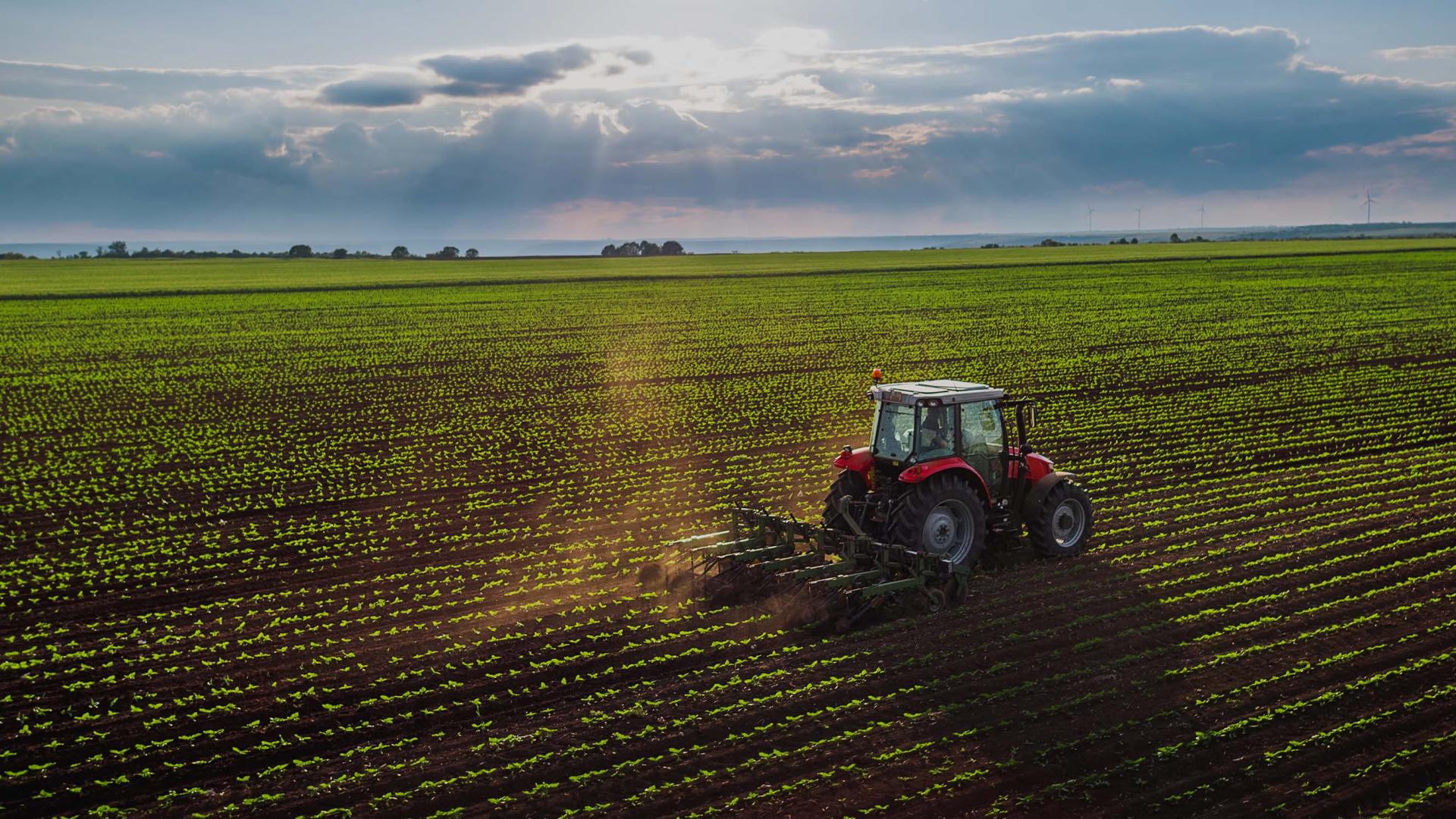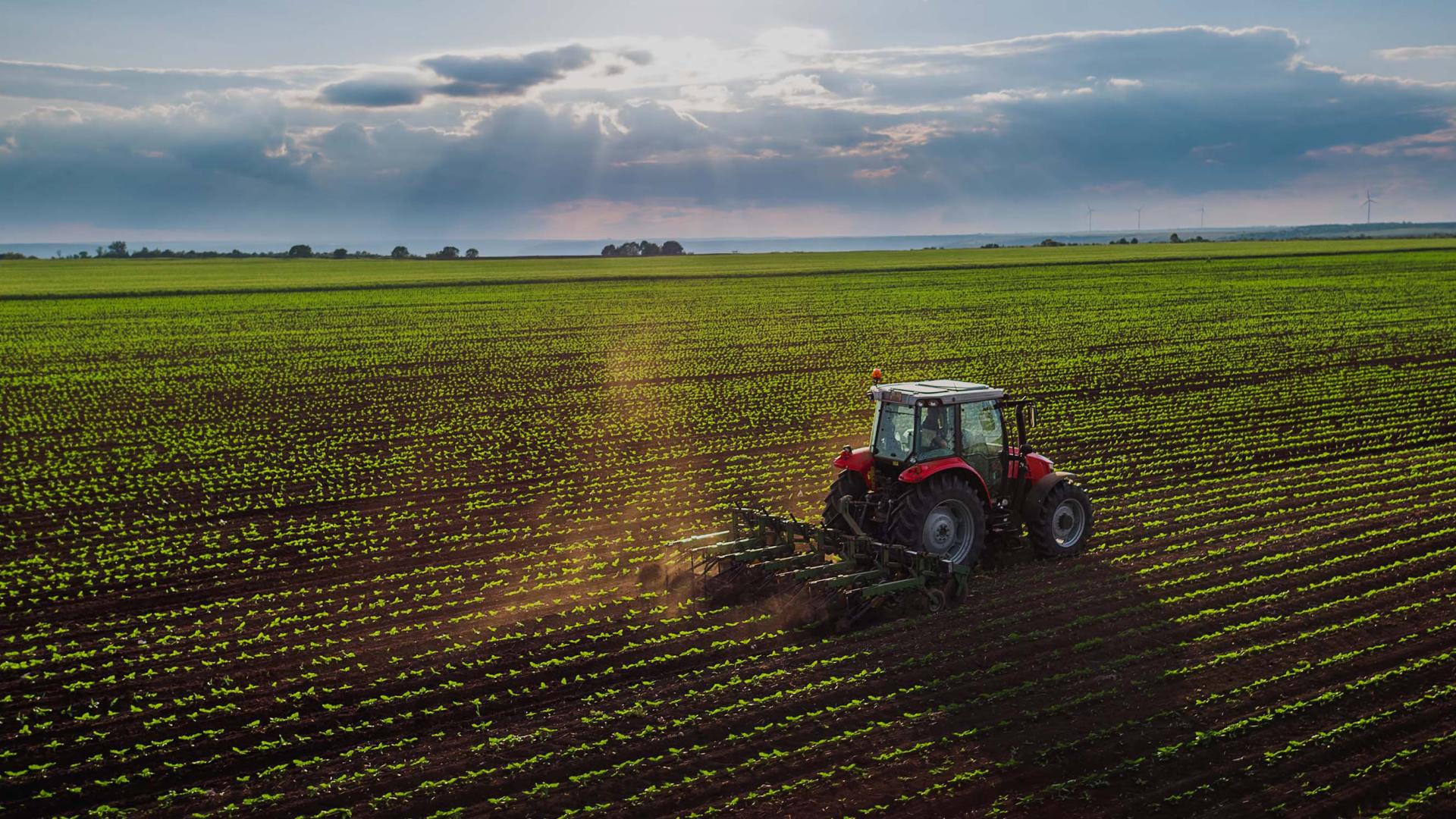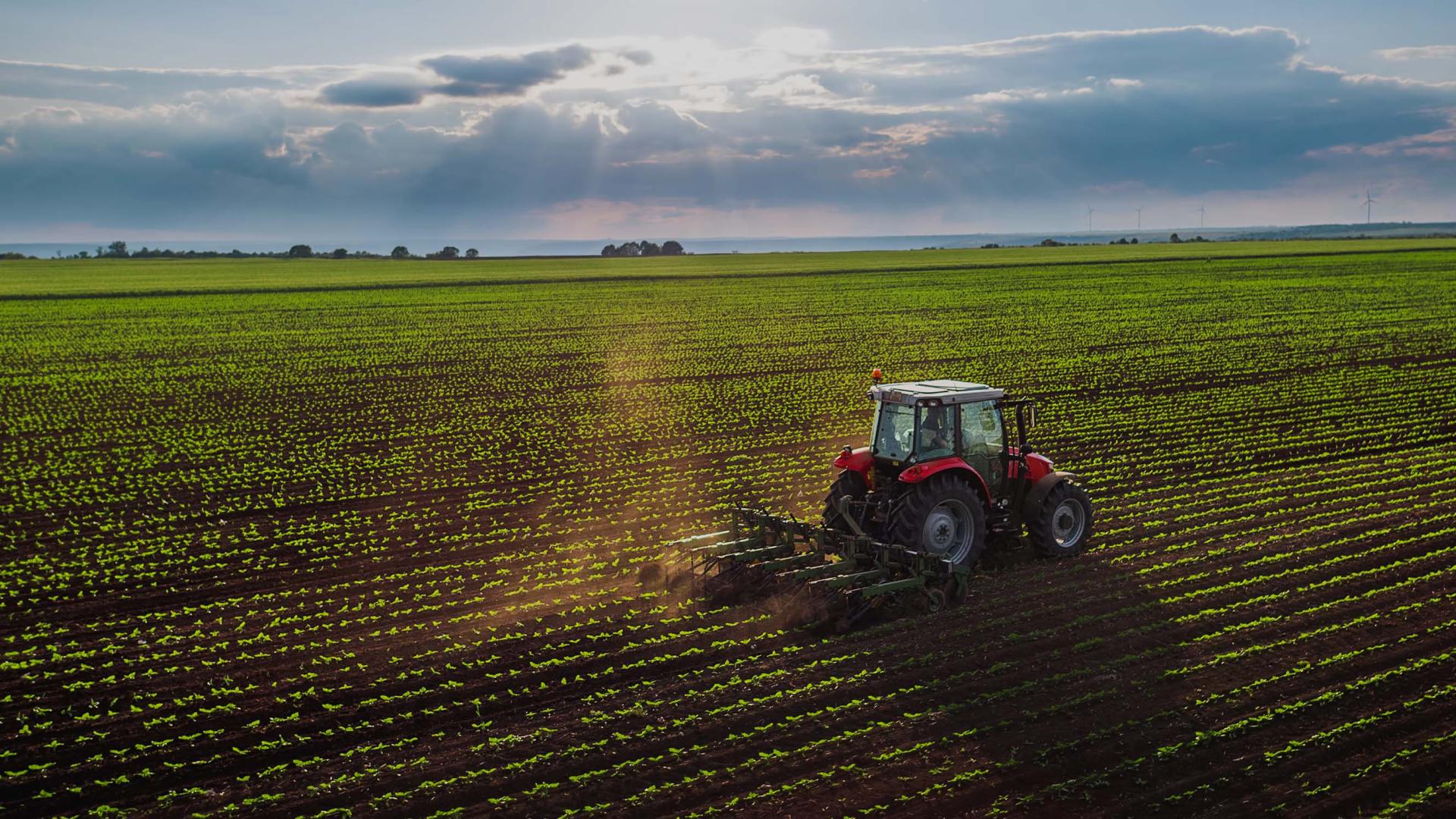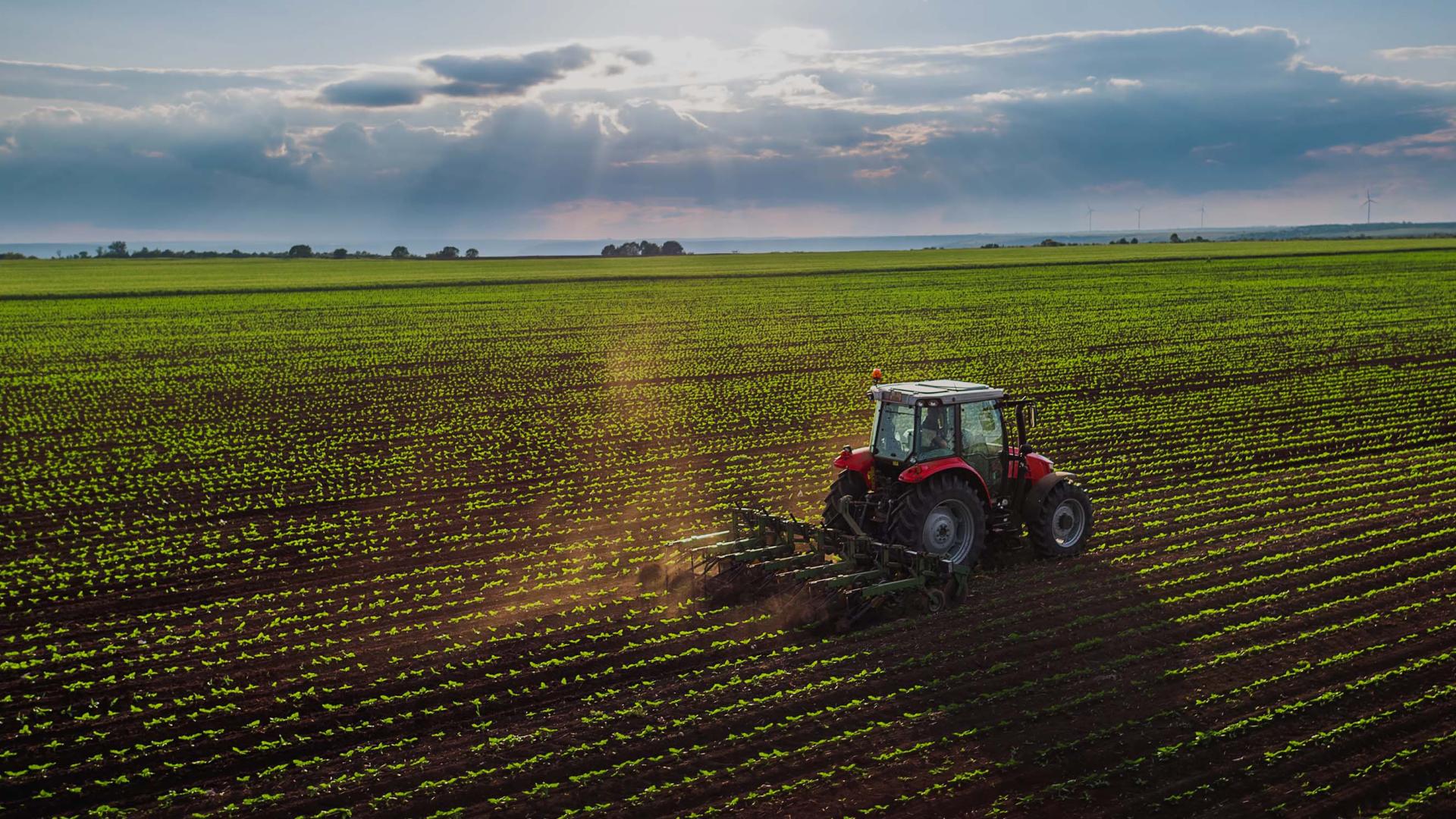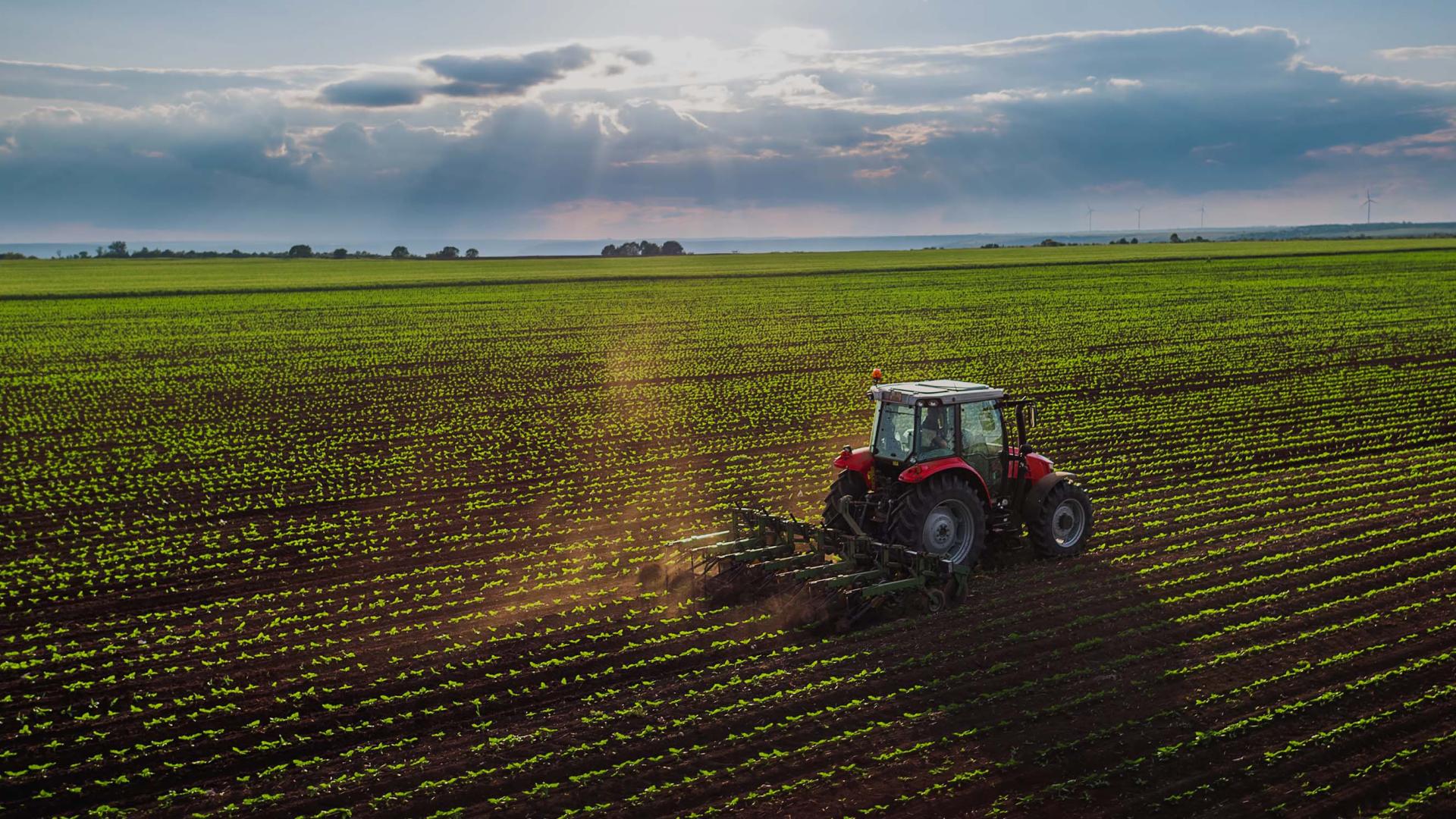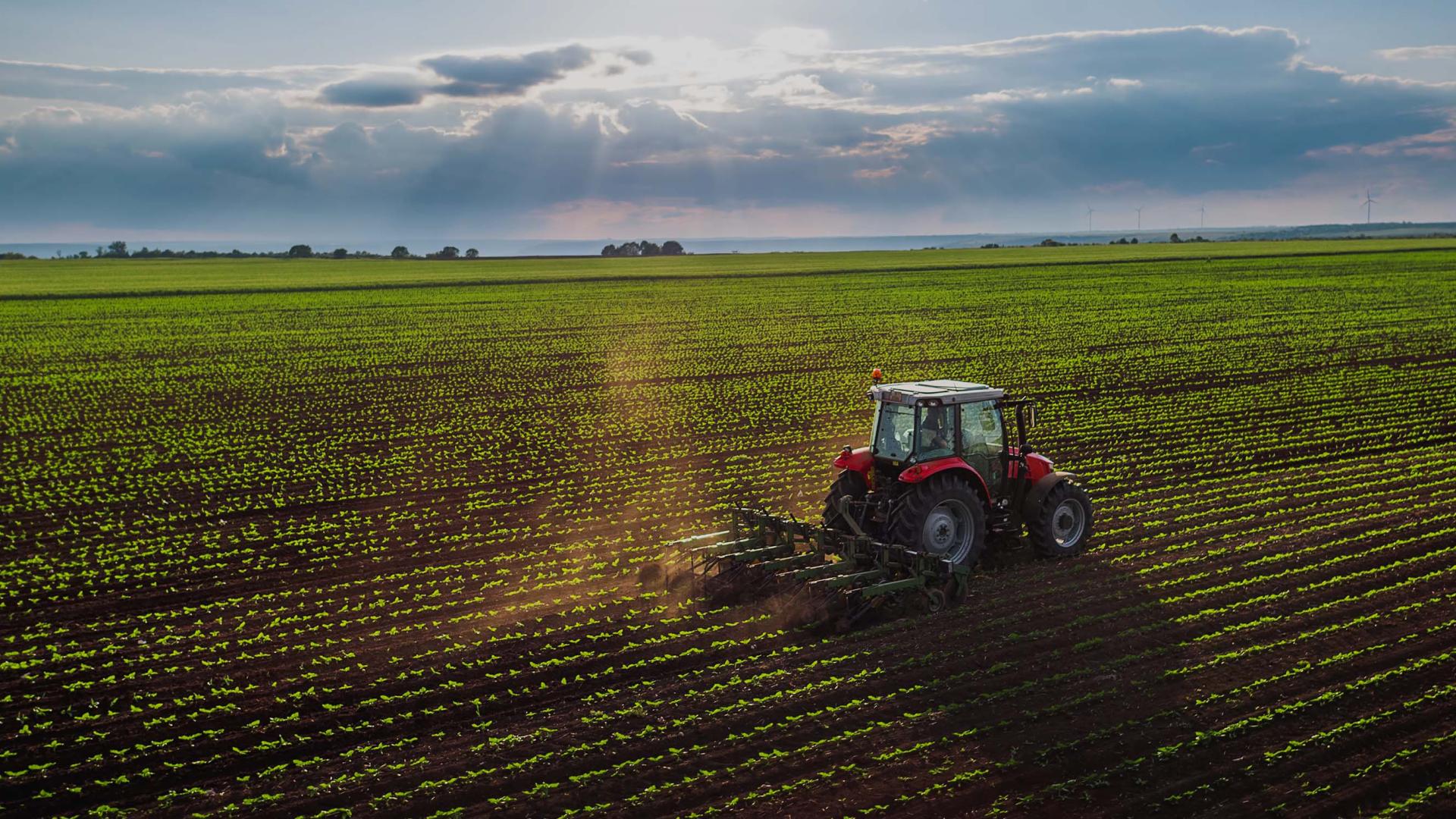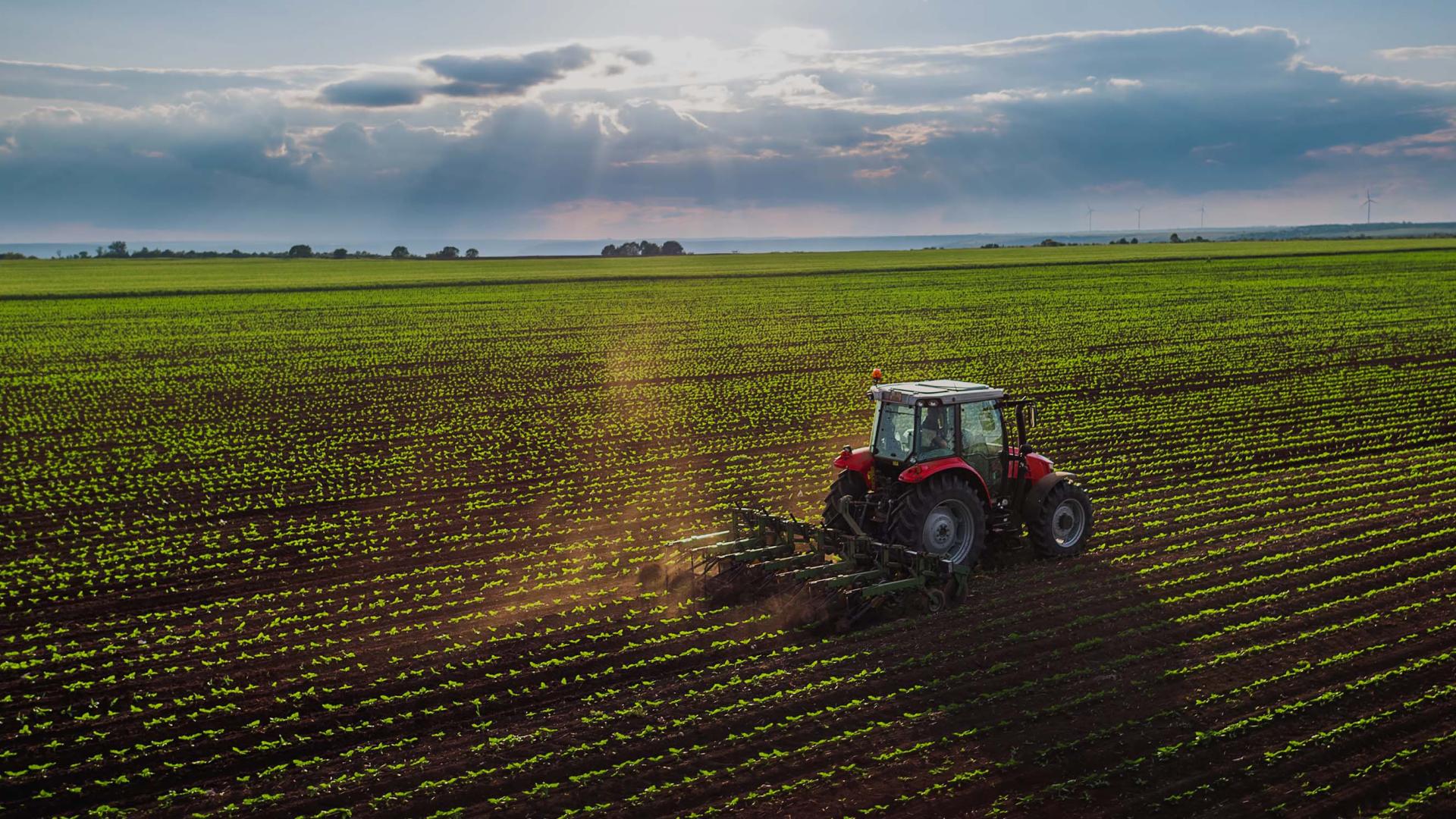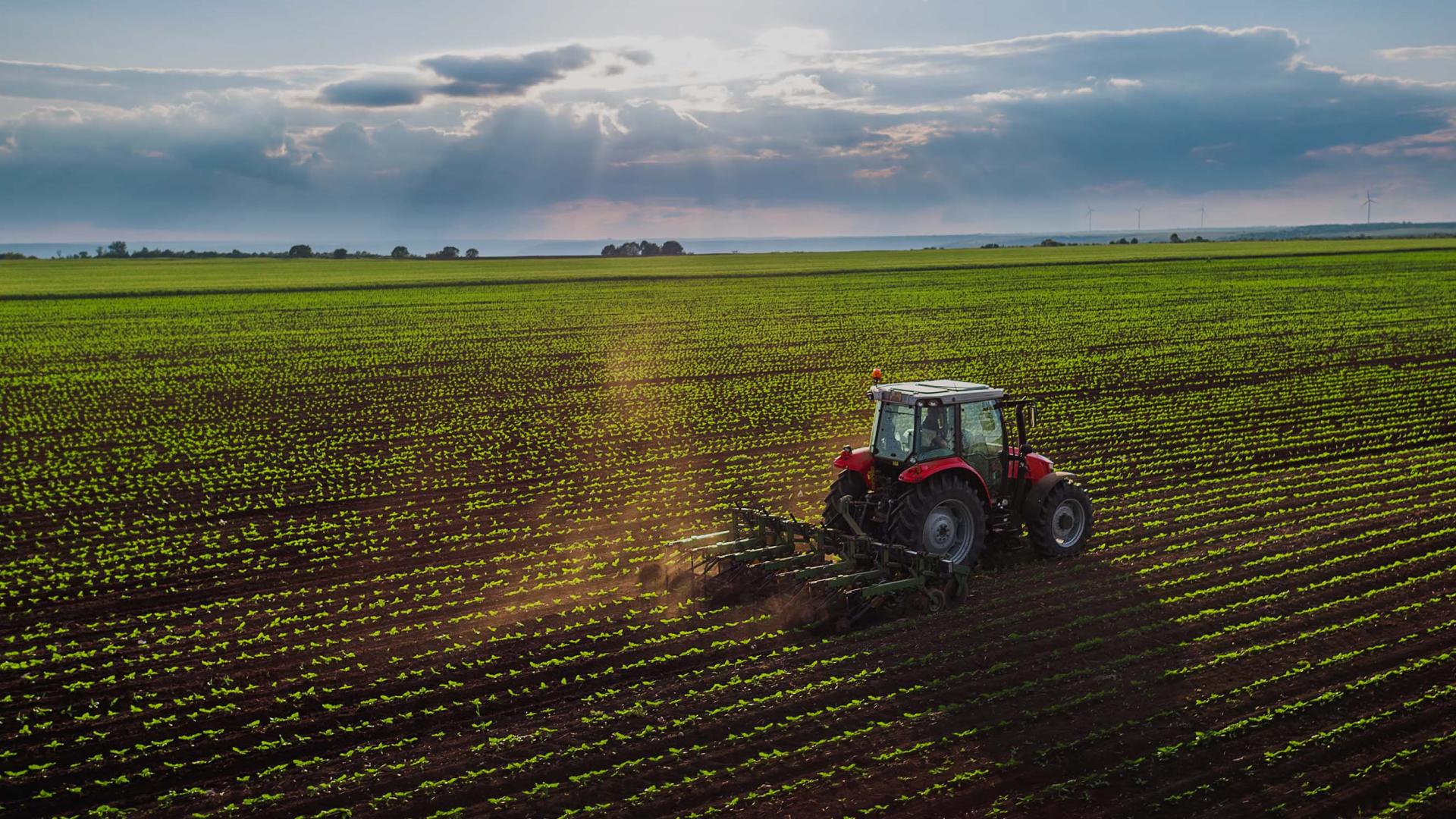Farm shops represent a unique blend of agricultural production and retail commerce, creating distinctive insurance needs that standard bus…
Farm Technology Insurance: Protecting Modern Agricultural Equipment and Systems
Modern farming has evolved dramatically over the past decade, with technology playing an increasingly crucial role in agricultural operations. From GPS-guided tractors and automated milking systems to drone surveillance and precision irrigation networks, today's farms rely heavily on sophisticated equipment that represents significant financial investments. Farm Technology Insurance has become essential protection for agricultural businesses looking to safeguard these valuable technological assets against damage, theft, and operational disruptions.
Understanding Farm Technology Insurance
Farm Technology Insurance is specialized coverage designed to protect the electronic, digital, and automated systems that modern farms depend on. Unlike traditional farm equipment insurance that focuses on mechanical machinery, this coverage addresses the unique risks associated with computer-controlled systems, sensors, software, and connected devices that make up today's smart farming operations.
This insurance typically covers:
- Precision agriculture equipment
- Automated feeding systems
- Climate control technology
- GPS guidance systems
- Farm management software
- Drone equipment
- Robotic milking systems
- Soil monitoring sensors
- Irrigation control systems
- Livestock tracking devices
Key Coverage Areas
Equipment Protection
Equipment Protection forms the foundation of farm technology insurance, covering physical damage to expensive technological equipment from weather events, power surges, mechanical failure, and accidental damage. This includes replacement costs for damaged sensors, control units, and computerized systems that can cost thousands of pounds to replace.
Data Protection
Data Protection coverage addresses the growing concern of digital information loss. Modern farms generate vast amounts of data about crop yields, soil conditions, livestock health, and operational efficiency. This coverage protects against data loss due to system failures, cyber attacks, or equipment damage, including the costs of data recovery and system restoration.
Business Interruption
Business Interruption protection becomes crucial when technology failures disrupt farm operations. If automated milking systems fail or precision planting equipment breaks down during critical seasons, the resulting income loss can be substantial. This coverage helps compensate for lost productivity and additional expenses incurred while systems are being repaired or replaced.
Cyber Liability
Cyber Liability coverage protects against increasing digital threats to farm operations. As farms become more connected through IoT devices and cloud-based management systems, they become vulnerable to cyber attacks, data breaches, and system hacking. This coverage addresses the costs of cyber incident response, data breach notification, and system security restoration.
Industry-Specific Risks
Weather-Related Risks
Weather-related risks pose unique challenges for farm technology. Electronic systems are particularly vulnerable to lightning strikes, power surges during storms, flooding, and extreme temperature fluctuations. Traditional farm insurance may not adequately cover these sophisticated electronic components, making specialized technology insurance essential.
Theft and Vandalism
Theft and vandalism of farm technology equipment has increased as criminals recognize the value of GPS units, sensors, and control systems. Rural locations often lack security measures, making farms attractive targets for technology theft. Insurance coverage helps replace stolen equipment and may include coverage for security system upgrades.
Power Supply Issues
Power supply issues can cause significant damage to sensitive electronic equipment. Voltage fluctuations, power outages, and electrical storms can damage or destroy expensive control systems, requiring specialized coverage beyond standard electrical damage provisions.
Obsolescence Risks
Obsolescence risks affect farm technology investments as rapid technological advancement can make equipment outdated quickly. Some policies include provisions for technology upgrades or replacement with equivalent modern systems rather than identical outdated equipment.
Benefits of Farm Technology Insurance
Financial Protection
Financial Protection provides peace of mind for farmers who have invested heavily in technological improvements. With individual pieces of equipment often costing tens of thousands of pounds, comprehensive insurance coverage protects these investments against unexpected losses.
Operational Continuity
Operational Continuity ensures that technology failures don't completely disrupt farm operations. Quick claim processing and equipment replacement help minimize downtime during critical farming periods when delays can significantly impact annual yields and income.
Risk Management Support
Risk Management support often includes access to technology specialists who can assess farm systems and recommend improvements to reduce risks. Many insurers provide risk management services to help farmers protect their technological investments more effectively.
Competitive Advantage
Competitive Advantage maintenance allows farmers to continue using advanced technology that improves efficiency and productivity. Without insurance protection, the fear of costly equipment failures might discourage farmers from adopting beneficial new technologies.
Choosing the Right Coverage
Equipment Valuation
Equipment Valuation requires careful assessment of all technological assets on the farm. This includes not just major systems like GPS tractors and automated milking equipment, but also smaller components like sensors, control units, and software licenses that collectively represent significant value.
Coverage Limits
Coverage Limits should reflect the full replacement cost of equipment, including installation and setup costs. Many farmers underestimate the total cost of replacing technology systems, which often includes specialized installation, calibration, and integration with existing farm systems.
Deductible Selection
Deductible Selection affects both premium costs and out-of-pocket expenses during claims. Higher deductibles reduce premium costs but increase the financial impact of smaller claims. Farmers should balance premium savings against their ability to handle deductible payments during equipment failures.
Policy Exclusions
Policy Exclusions require careful review to understand what risks are not covered. Common exclusions might include gradual deterioration, software corruption, or damage from improper maintenance. Understanding these exclusions helps farmers take appropriate preventive measures.
Working with Specialized Insurers
Farm technology insurance requires insurers who understand agricultural operations and modern farming technology. Specialized agricultural insurers often provide better coverage terms and more knowledgeable claim handling than general commercial insurers who may not fully understand farm technology risks.
Risk Assessment
Risk Assessment by knowledgeable insurers includes evaluation of equipment installation, maintenance practices, security measures, and operational procedures. This assessment helps ensure appropriate coverage and may identify opportunities for risk reduction that could lower premium costs.
Claim Support
Claim Support from experienced agricultural insurers includes access to specialists who understand farm technology and can expedite equipment replacement during critical farming periods. Quick claim resolution becomes especially important during planting or harvest seasons when delays can significantly impact farm income.
Best Practices for Farm Technology Protection
Regular Maintenance
Regular Maintenance of technological systems reduces the risk of failures and may be required to maintain insurance coverage. Following manufacturer maintenance schedules and keeping detailed maintenance records helps ensure equipment reliability and supports insurance claims when failures occur.
Security Measures
Security Measures including physical security for equipment storage and cybersecurity for connected systems help reduce theft and cyber attack risks. Many insurers offer premium discounts for farms that implement recommended security measures.
Backup Systems
Backup Systems for critical operations help minimize business interruption when primary systems fail. Having backup power supplies, redundant sensors, or alternative operational procedures can reduce the impact of technology failures on farm operations.
Staff Training
Staff Training ensures that farm workers understand how to properly operate and maintain technological systems. Proper training reduces the risk of equipment damage from operator error and helps identify potential problems before they cause system failures.
Future Considerations
Technology Evolution
Technology Evolution in agriculture continues to accelerate, with new innovations in artificial intelligence, robotics, and precision agriculture emerging regularly. Farm technology insurance policies should be reviewed annually to ensure coverage keeps pace with technological investments and changing risk profiles.
Integration Challenges
Integration Challenges as farms adopt multiple technology systems from different manufacturers can create new risks and coverage gaps. Comprehensive insurance coverage should address the interconnected nature of modern farm technology systems.
Regulatory Changes
Regulatory Changes affecting agricultural technology, data privacy, and environmental monitoring may impact insurance requirements. Staying informed about regulatory developments helps ensure insurance coverage remains compliant and adequate.
Conclusion
Farm Technology Insurance represents essential protection for modern agricultural operations that depend on sophisticated technological systems. As farming continues to embrace digital transformation, the financial risks associated with technology failures, cyber attacks, and equipment damage continue to grow. Comprehensive insurance coverage provides the financial protection and operational support necessary to maintain competitive advantage while managing these evolving risks.
Farmers considering technology insurance should work with specialized agricultural insurers who understand both farming operations and modern agricultural technology. Proper coverage selection, combined with good risk management practices, helps ensure that technological investments continue to provide operational benefits without exposing the farm to unacceptable financial risks.
The investment in farm technology insurance pays dividends not just when claims occur, but also in the confidence it provides to adopt new technologies that can improve farm efficiency, productivity, and profitability. As agriculture continues to evolve, comprehensive technology insurance becomes increasingly important for protecting both current investments and future technological advancement.
Get Expert Farm Technology Insurance Advice
For specialized farm technology insurance coverage tailored to your agricultural operation, contact our experienced team at 0330 127 2333 or visit www.insure24.co.uk for a comprehensive quote.


 0330 127 2333
0330 127 2333
